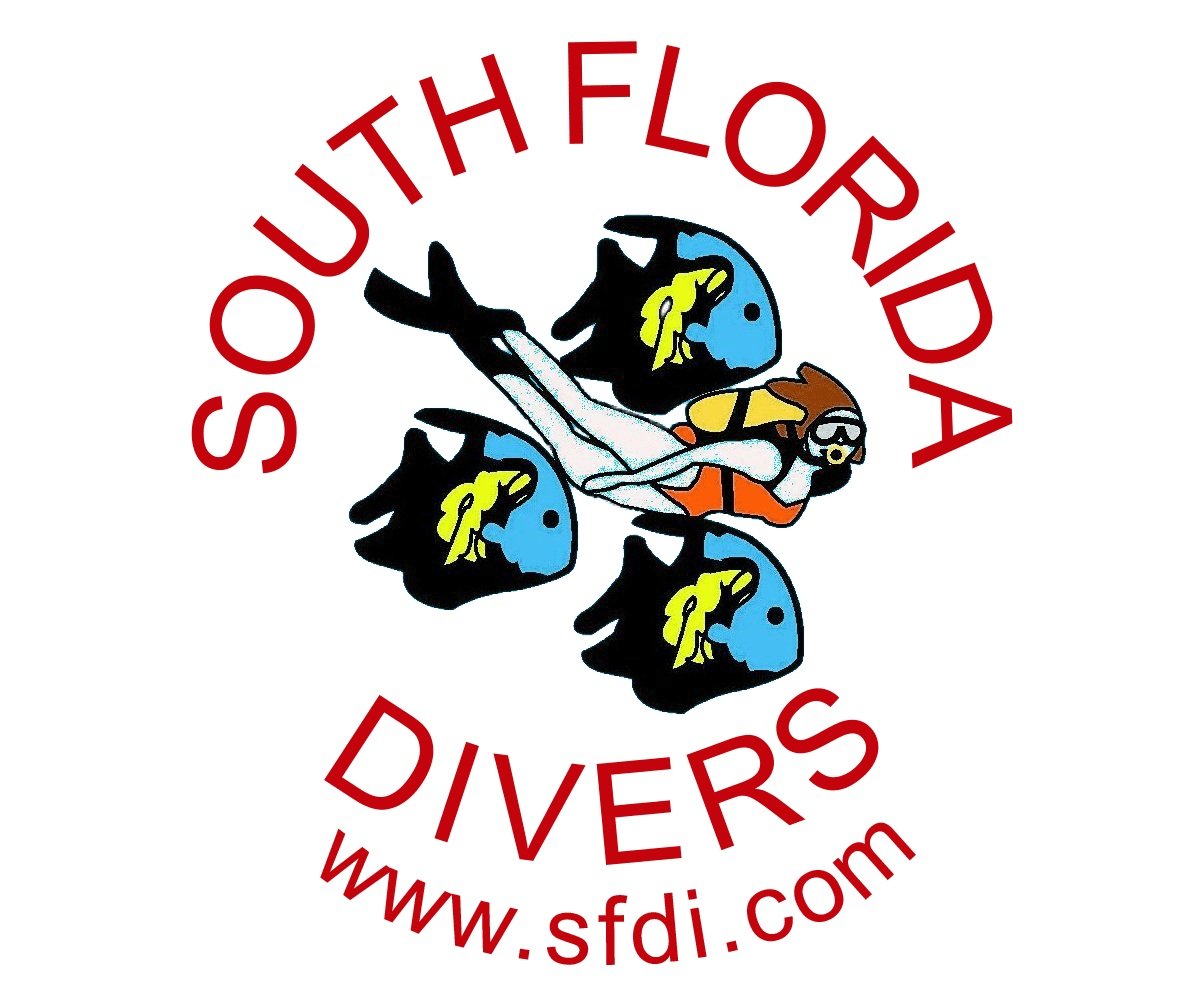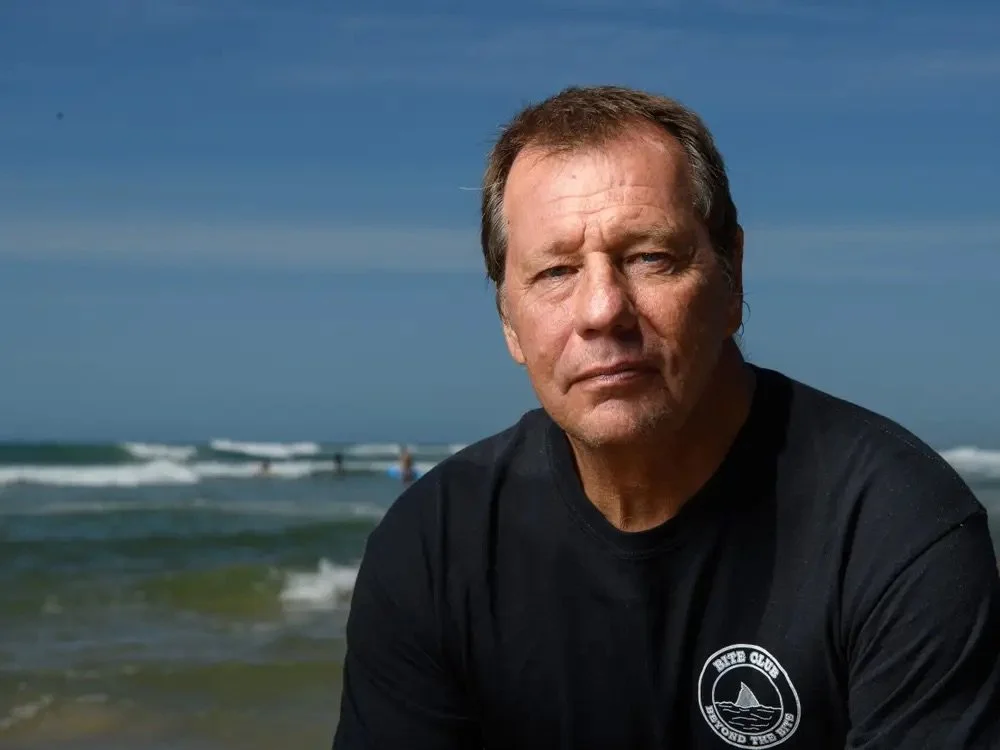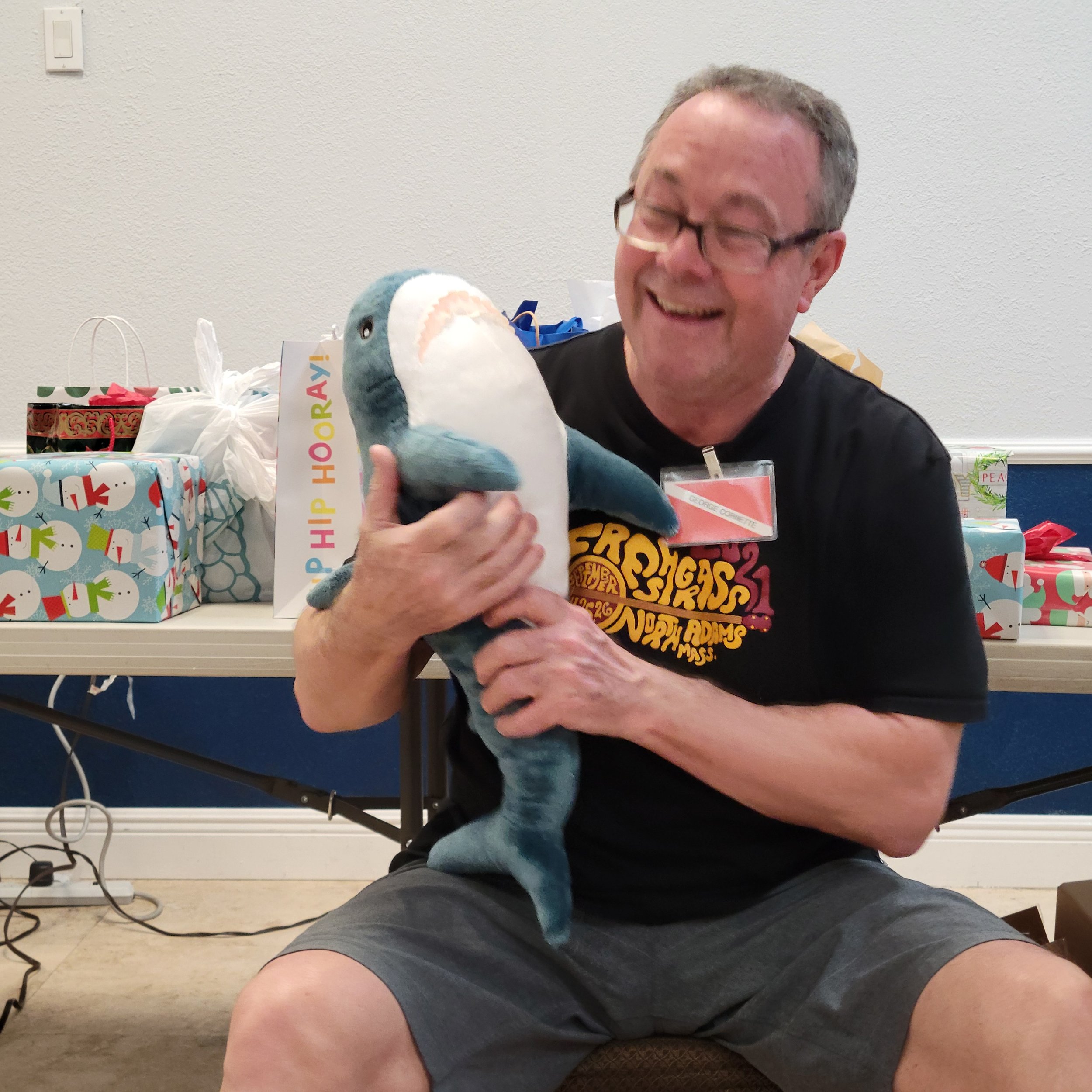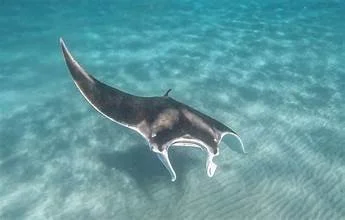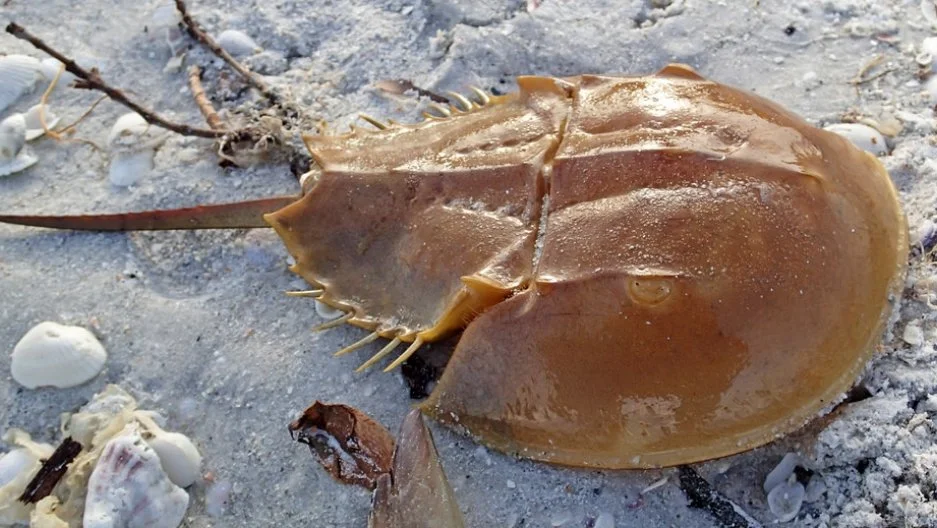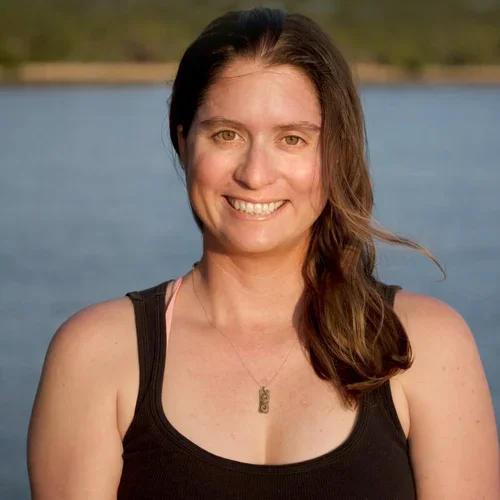
FEBRUARY - BITE CLUB – LIFE AFTER A SHARK ATTACK
Join SFDI as we hear from Dave Pearson, who survived a shark attack,
He has become an international leader in the community of those who have been bitten and survived, as the Founder of the Facebook group “Bite Club.” Dave will speak to us on Zoom from his his home in New South Wales, Australia. He will tell us about the physical, mental and social challenges facing a shark bite survivor, as well as ocean challenges and shark mitigation and deterrents. Finally, he will describe support opportunities for survivors. His information will help us avoid a shark attack, and, if we do get bitten, how cope with the aftermath.
ABOUT DAVE PEARSON
Dave Pearson is a veteran surfer, with over 50 years experience. He lives with his family in New South Wales, Australia.
In 2011, he was attacked by a 3-meter bull shark while surfing off Crowdy Head, on the Mid-North coast of New South Wales, Australia. He received major damage to his left arm and head, neck and back injuries.
After finding no support network for shark attack survivors, he reached out to other survivors and Bite Club was formed, welcoming into membership anyone who has been bitten by an apex predator – crocodiles, lions and hippos, as well as sharks.
Dave has met with many government officials and presents at events regarding shark mitigation strategies and community consultation and support events after serious and fatal shark attacks. His conference activity includes the UN Ocean Blue Conference held in Reunion Island, France and the upcoming World Surfing Conservation Conference, held in Australia.
JANUARY 2026 Wacky Gift Exchange
Each person brings a gift to the Wacky Gift Exchange. Please don’t bring junk, keep to approximately $20. Place your gift in the stack of gifts and you receive your number. When your number is called, you have 2 choices: 1) pick a gift from the stack or 2) steal a gift from someone who has already picked.
The art of the steal. Great going Steve!!
DECEMBER HOLIDAY PARTY
Saturday, Dec 6 — 6:30pm
Dinner is provided
There will be an open bar.
Guests are encouraged to bring an appetizer or dessert. The cost is $15 for members and $20 for non-members.
I.T. Parker Center, Dania Beach
901 NE 3rd Street, Dania Beach, FL 33004
Enter into the marina complex and follow small signs - going around the marina buildings, heading east. The center is at the end, on the water.
NOVEMBER - Jessica Pate, UNC, FAU
The mysterious manta rays of Florida
Jessica will be talking about manta ray biology and global manta ray conservation, as well what discoveries that she has made about Florida’s manta rays. She has studied sea turtles in Florida, Central America, and West Africa. You will also find out how to become a citizen scientist and contribute to important manta ray research! In 2016, Jessica started the Florida Manta Project to study the biology and ecology of manta rays in South Florida and has discovered a potential rare nursery habitat. The Florida Manta Project is the first dedicated study of manta rays in the continental U.S.
Jessica Pate
Jessica Pate has an undergraduate degree from UNC-Chapel Hill and a graduate degree from Florida Atlantic University. She has taught marine biology on traditionally rigged schooners and has crossed the Atlantic Ocean by sail. Jessica’s research interests focus primarily on the biology, ecology and behavior of imperiled marine species to inform management decisions. While she began her career collecting data on sea turtle populations, she now researches a never-before studied population of manta rays in south Florida. Jessica is interested in understanding the environmental drivers of spatial and temporal distribution, life history traits and anthropogenic impacts on Florida’s manta rays. She utilizes a range of methodologies including underwater photography, aerial surveys, satellite and acoustic telemetry, genetics, and sociological surveys to answer her research questions. A key component of her research is involving local stakeholders in data collection and conservation, as well as raising awareness of marine conservation issues to the general public.
